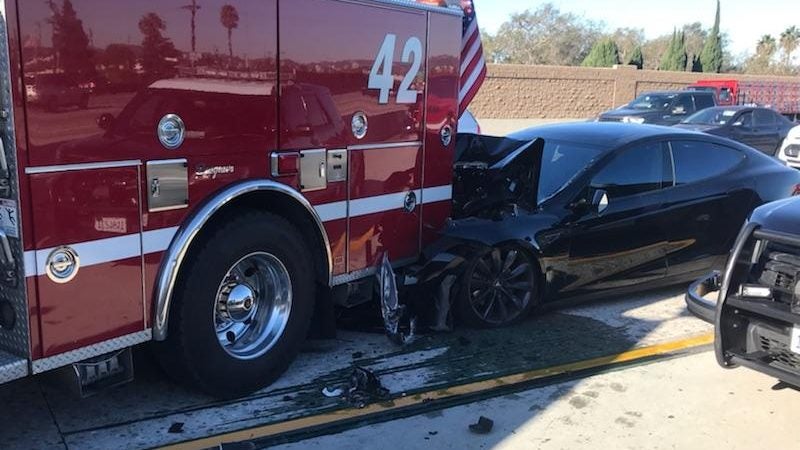NHTSA Drops Regulations to Require Electronic Data Recorders in Cars and Trucks
The electronic data recorders can be instrumental in determining the causes of collisions and other traffic incidents.

The NHTSA has announced a rollback of a 2012 proposal that would have required the mandatory installation of Electronic Data Recorders (EDR) on cars and trucks. These data recorders can be used to help law enforcement reconstruct what happened after a serious crash. The information contained in the data recorders includes vehicle speed, throttle and brake pedal position, and steering angle.
The first time NHTSA made a regulation for data recorders was in 2006, stating if an EDR was installed in a vehicle it was required to collect data and ensure the availability of data after a crash. The National Transportation Safety Board first recommended EDRs be placed in cars after a 2003 collision that resulted in the deaths of 10 people at a Santa Monica, California farmers market. In the aftermath of that collision, law enforcement and safety officials had difficulty determining what exactly caused the incident and what lead up to it.
A spokesperson for the NHTSA told The Drive, “The U.S. Department of Transportation’s National Highway Traffic Safety Administration is withdrawing its 2012 proposal to require the mandatory installation of Electronic Data Recorders (EDR) on all light vehicles because nearly 100 percent of manufacturers voluntarily equip EDR’s as standard equipment. NHTSA is working on a proposal to update pre-crash recording requirements in accordance with the FAST Act.”
The FAST Act required the NHTSA to determine the appropriate period for an electronic data recorder to store data prior to the collision incident. It also stated that the owner or lessee of a vehicle is the owner of the data on the recorder and it may not be retrieved without their consent or a warrant from the court with jurisdiction.
In a statement to Reuters, the head of the consumer advocacy group Center for Auto Safety Jason Levine said the decision to withdraw the proposal “seems especially problematic as the need for uniform crash data elements to assist crash investigators only increases with every iteration of advanced safety technology.”
